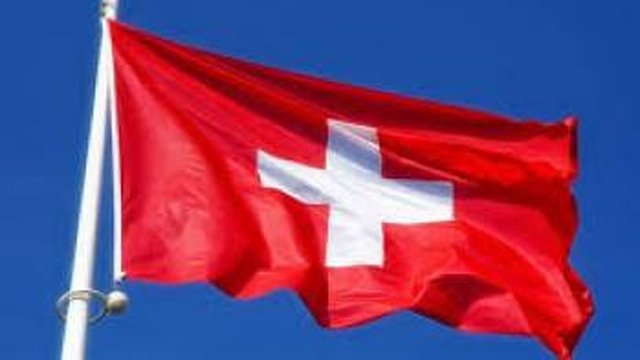Upper house of Swiss parliament rejects CHF 5 bln aid plan for Ukraine due to 'debt brake'

On June 3, the Upper House of the Swiss Parliament (Le Conseil des États) rejected a proposal to adopt a federal law on an emergency contribution of CHF 15 billion to ensure the security of Switzerland and peace in Europe in connection with the war against Ukraine, which provided for CHF 10.1 billion until 2030 for the Swiss army and CHF 5 billion for Ukraine.
According to the transcript on the parliamentary website, 15 deputies voted in favor, 28 voted against and two abstained; the main complaint was a possible violation by law of the "debt brake" introduced into the federal constitution of the country in 2003, which obliges the federal center to maintain a balance of income and expenditure of budgets at all levels.
"The majority of the members of the Finance Commission are of the opinion that both military expenditures and expenditures on the reconstruction of Ukraine can be planned and controlled even in the current security policy situation and are therefore not extraordinary," said Jakob Stark.
According to him, the commission, by a vote of 11 to 2, did not consider these expenses so extraordinary as to make exceptions to the "debt brake."
"The adoption of this proposal would break the dam for all other desires in parliament that cannot be financed through the normal financial budget. It would open the door to the accumulation of immeasurable amounts of debt to the detriment of future generations," said Josef Dittli, on behalf of the minority.
He added that when 50,000 Ukrainians sought protection in Switzerland over several weeks in March 2022, it was obvious and correct to allocate emergency expenses. The deputy believes that today there is no urgency or need to immediately spend billions to bypass the "debt brake," as in the case of quarantine or a natural disaster.
Dittlii also criticized the decision to combine the allocation of funds to the Swiss army and Ukraine in one bill. "This limits free expression. In the event of a referendum, many voters will find themselves in a difficult position. You can only accept both or reject both (proposals), although internal communication is far from a given," the deputy explained his position.
Several of his colleagues have expressed doubts about the need to allocate funds for the reconstruction of Ukraine while the war started by Russia continues. "There is no point in starting reconstruction ... during the war. You never know how the war will develop, and then the restoration you have begun may soon be disrupted again. I think it is too early to talk about reconstruction. But it is important to talk about humanitarian assistance," said Peter Hegglin. According to him, the CHF 1.4 billion allocated by Switzerland to support refugees with protection status in the country is already a large amount.
There was also a more radical objection to aid to Ukraine by Carlo Sommaruga, according to whom the allocation of CHF 1.5 billion to Ukraine over the next four years from the international cooperation budget would deprive this money of people more in need and suffering from poverty and hunger in countries where the human development index is significantly lower than in Ukraine.
At the same time, a number of deputies stated the urgent need to increase support for Ukraine today, since its critical infrastructure is being destroyed daily by Russia, and emphasized that the allocation of this assistance will be in order to strengthen the security of Switzerland.










